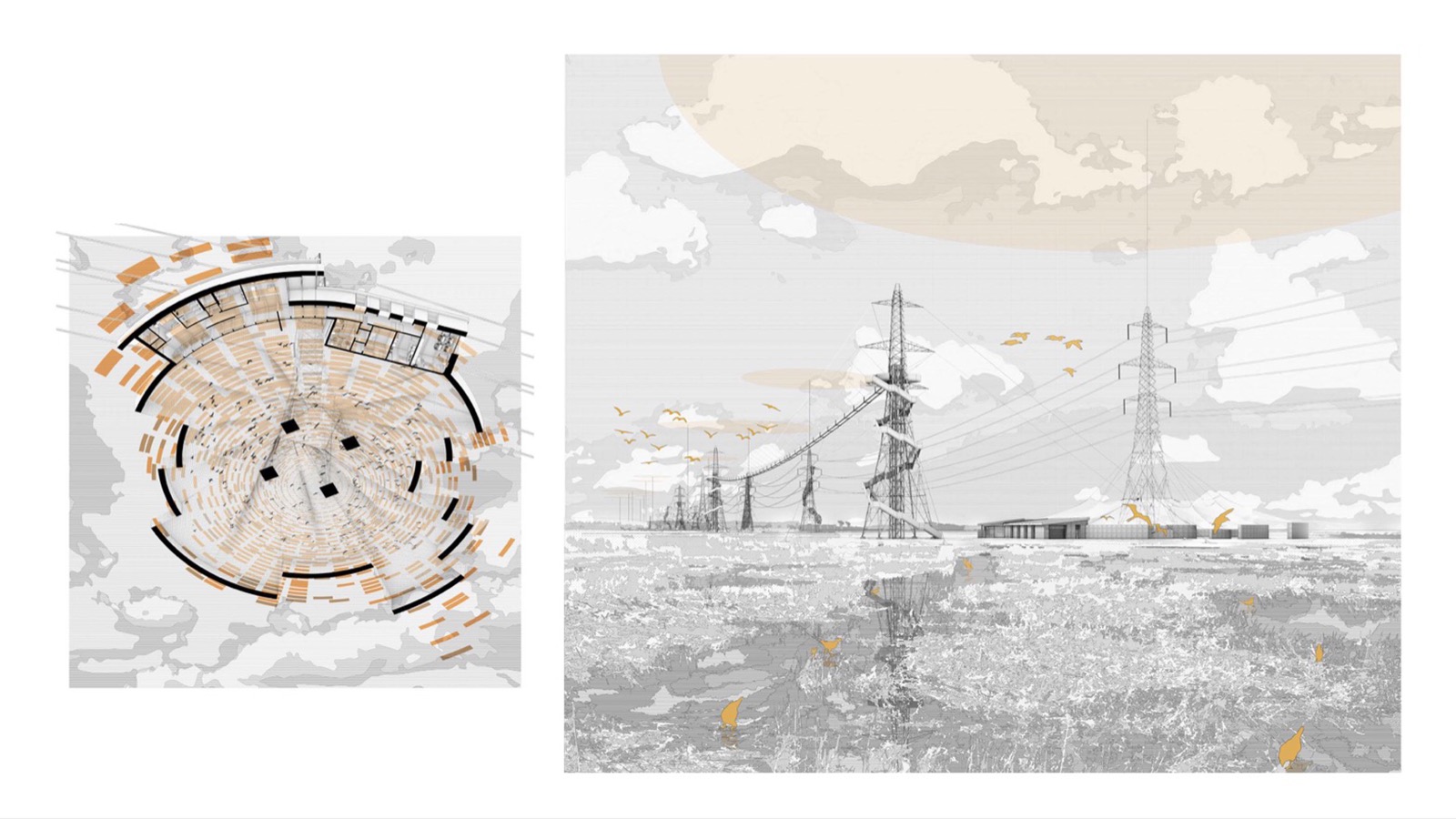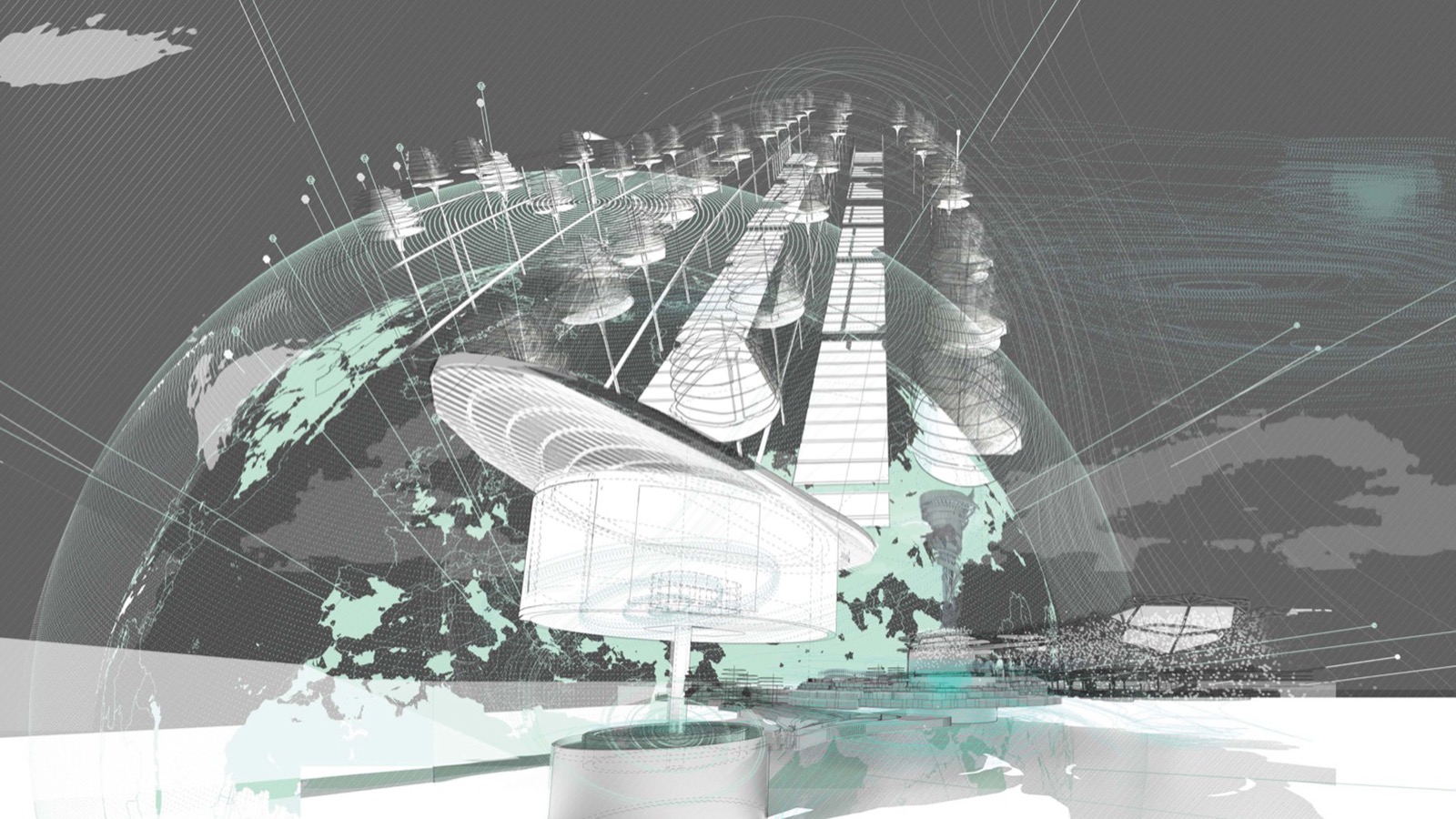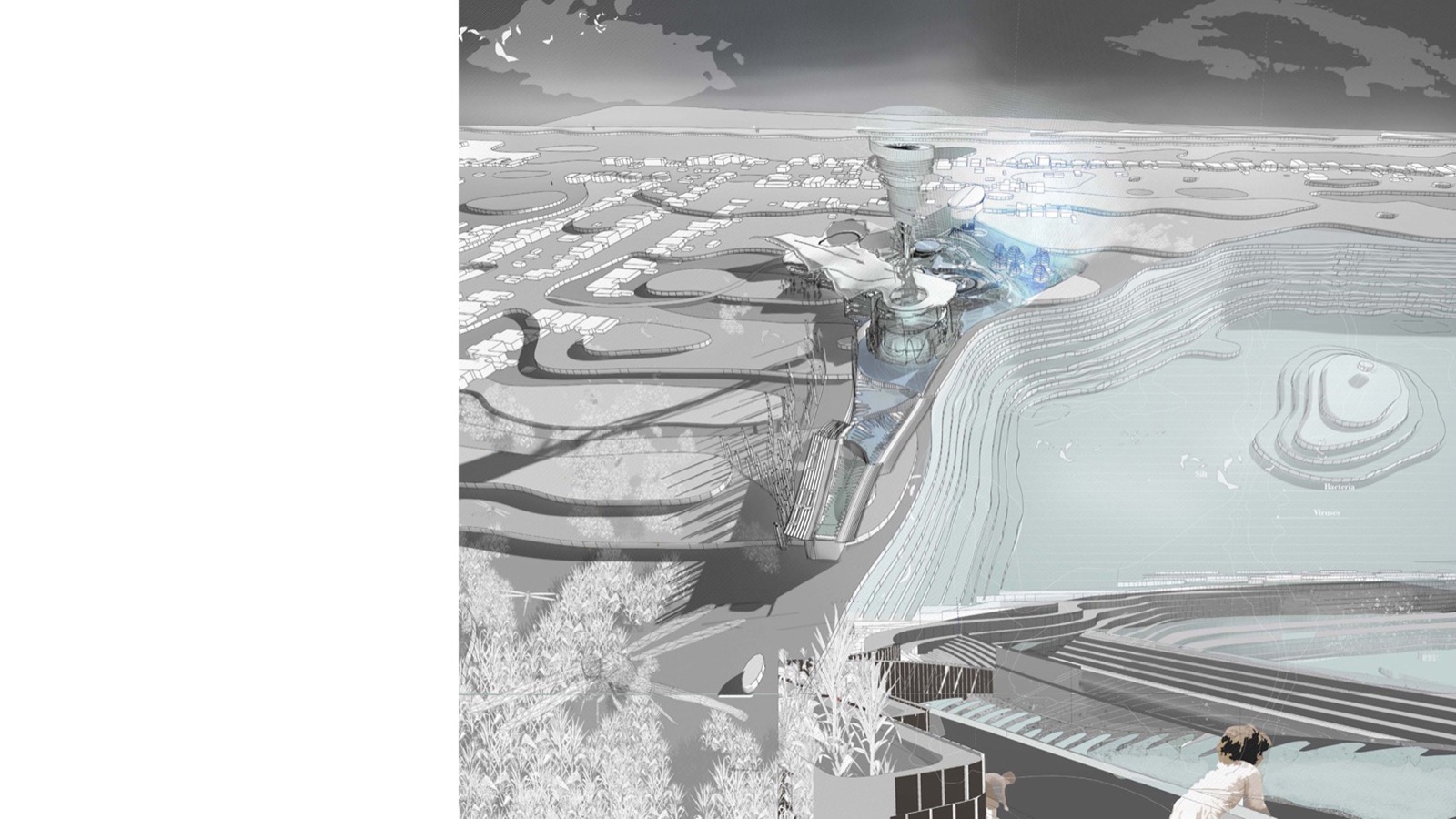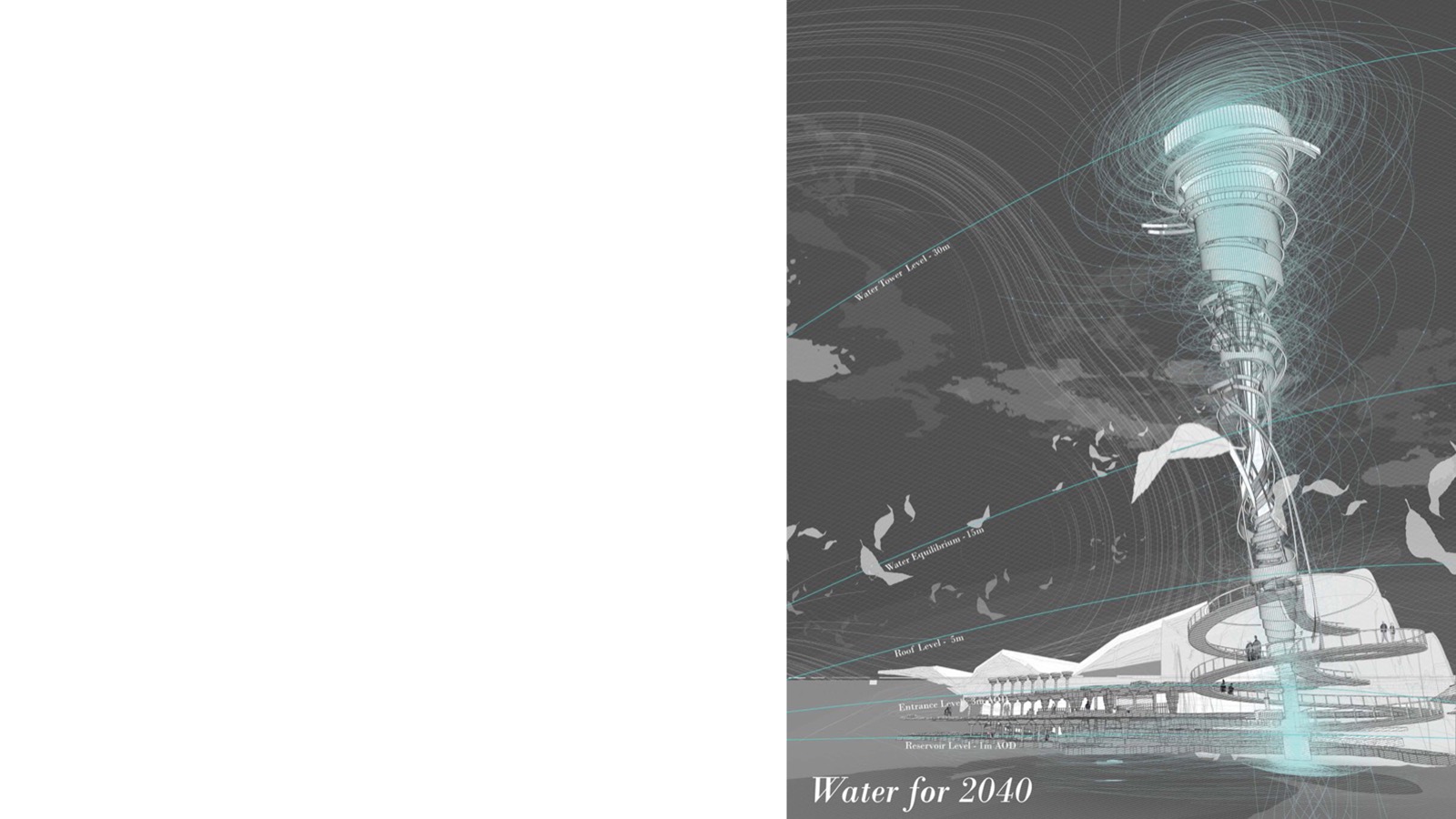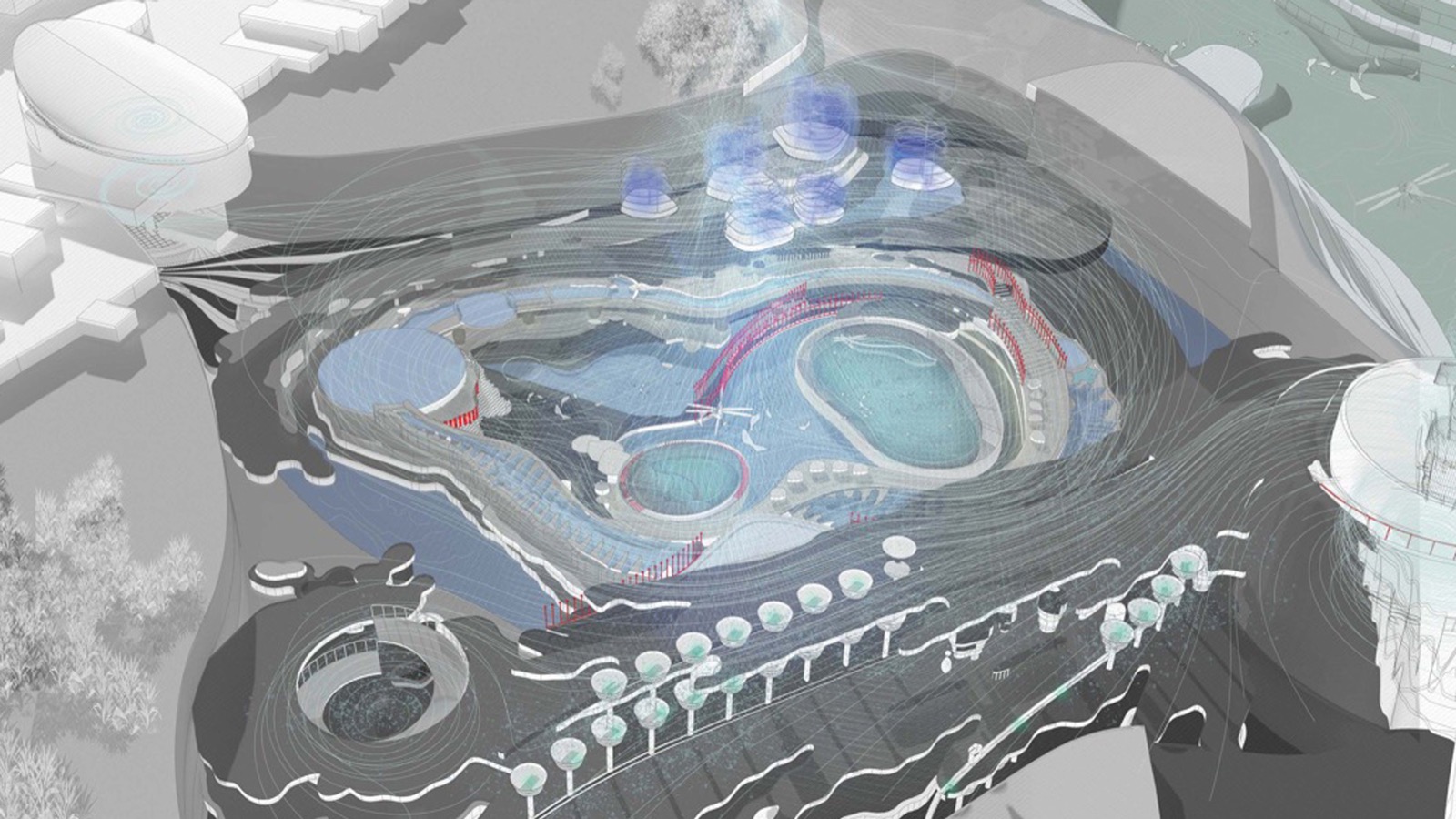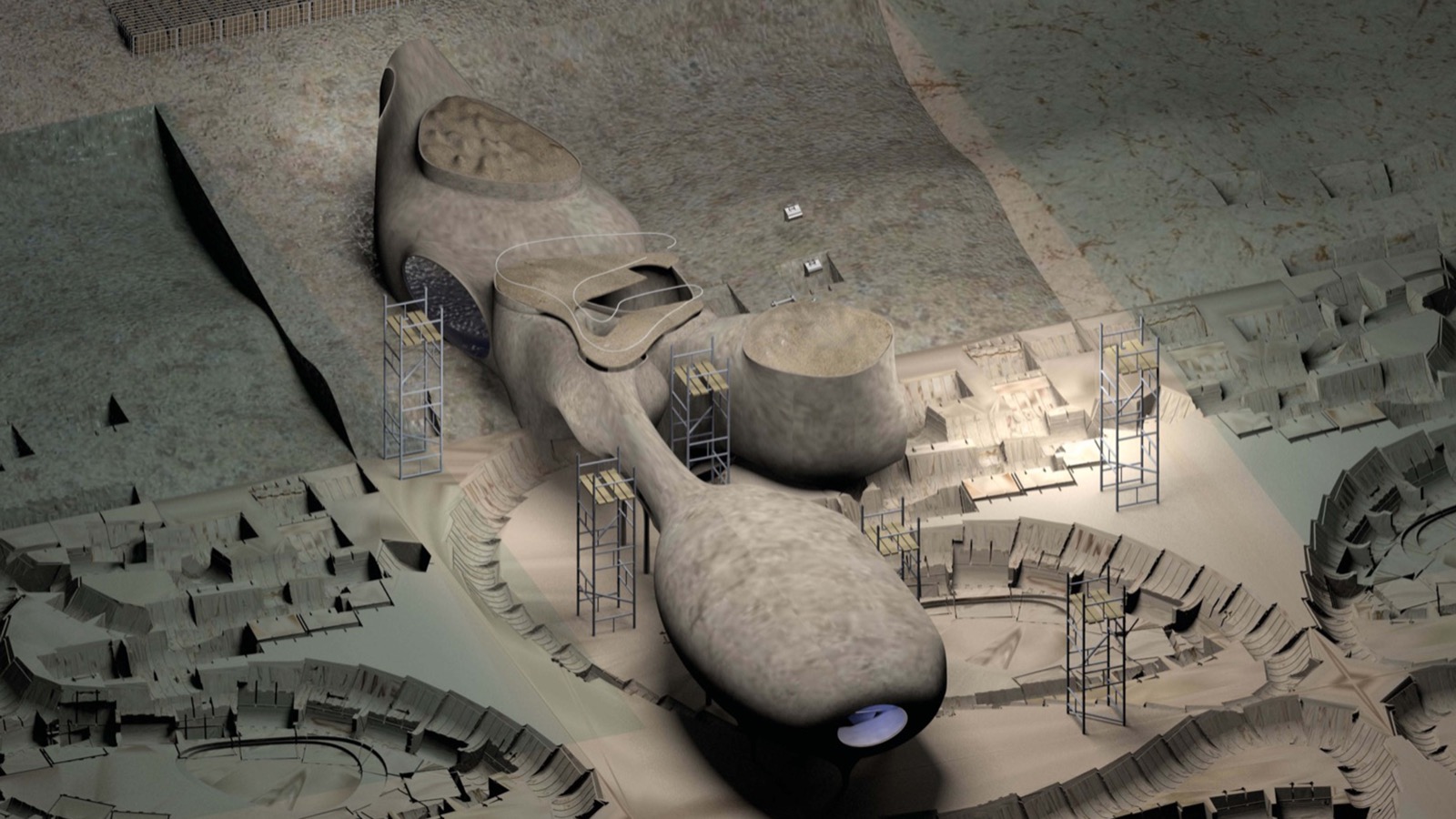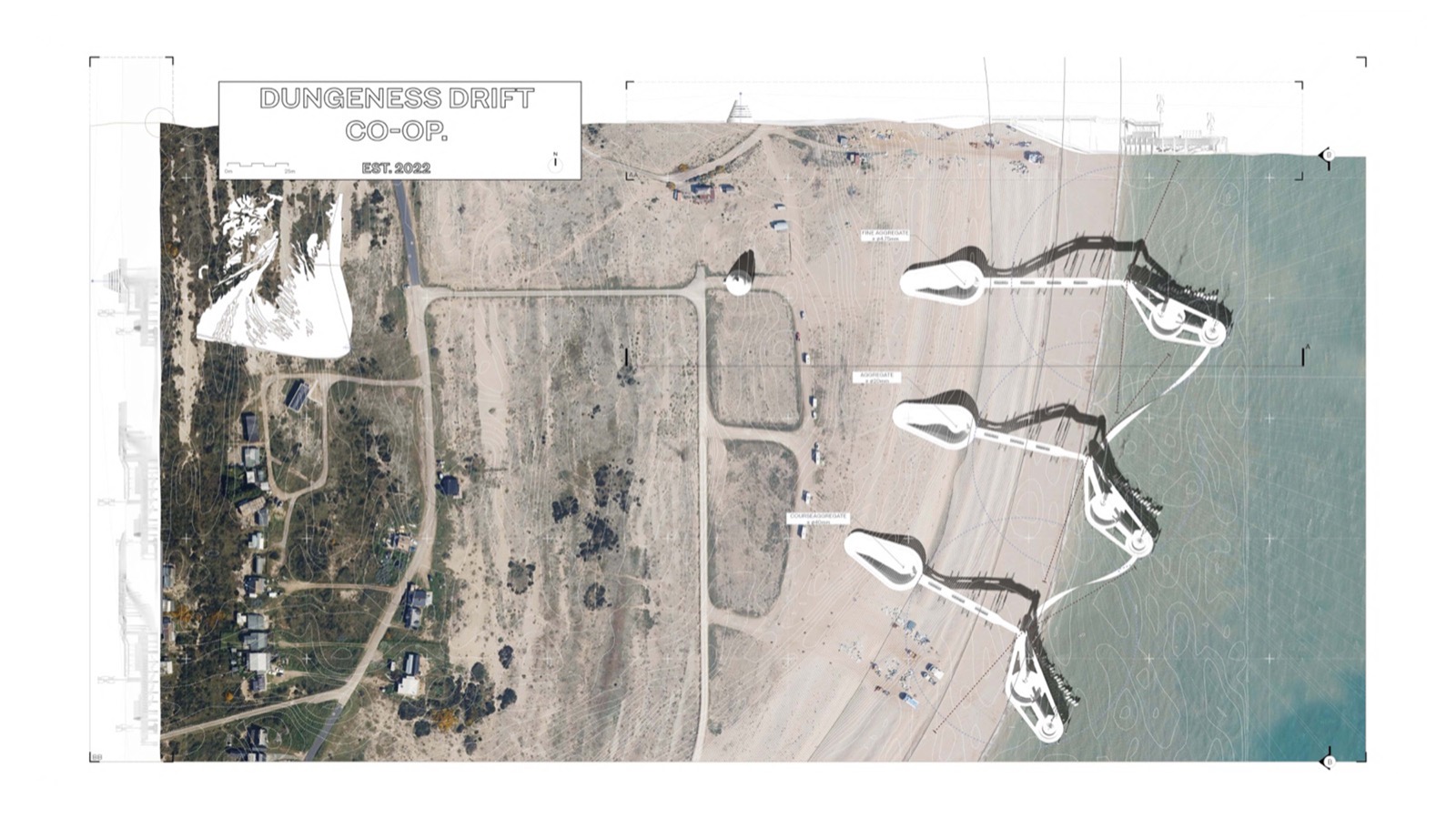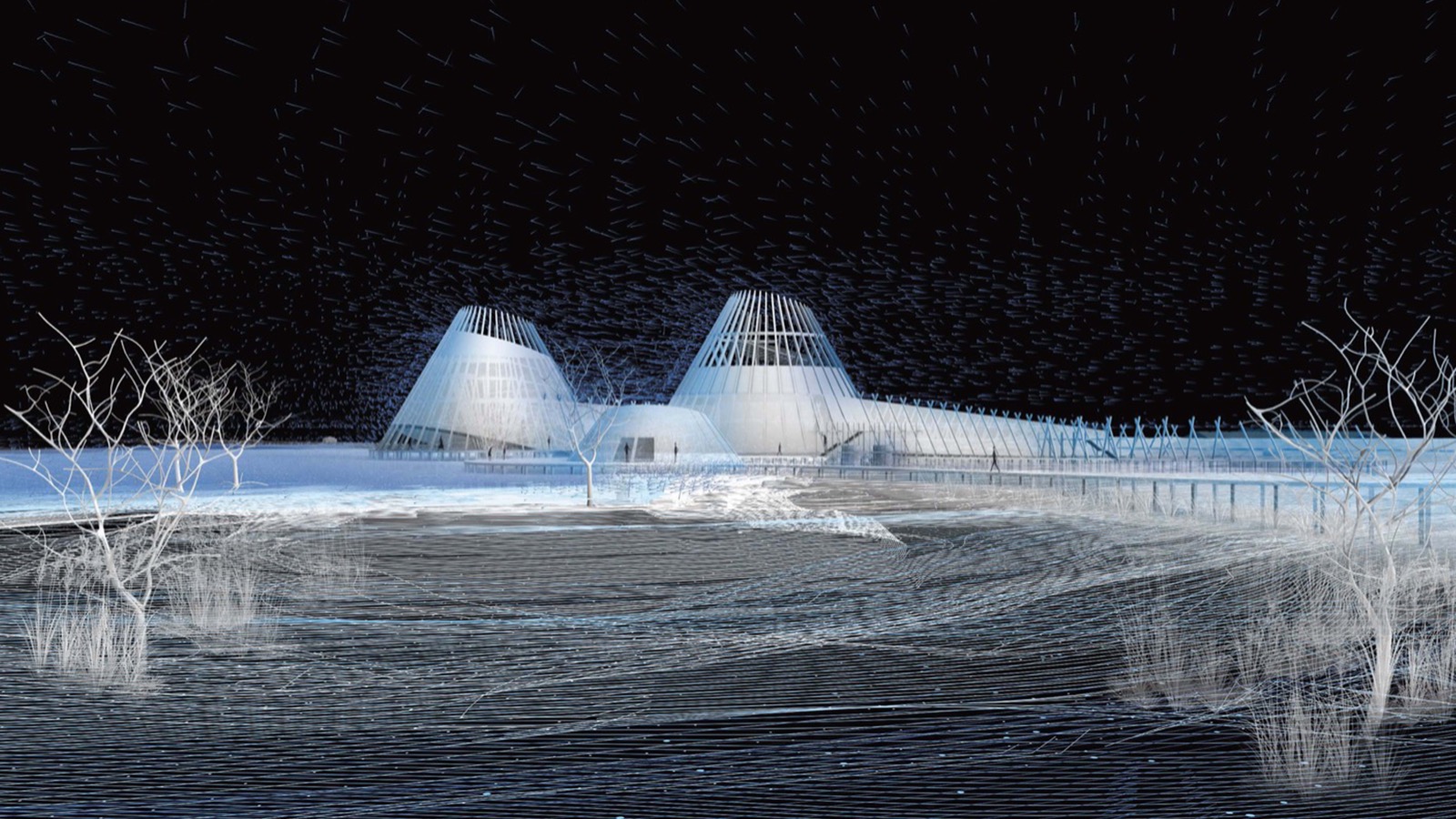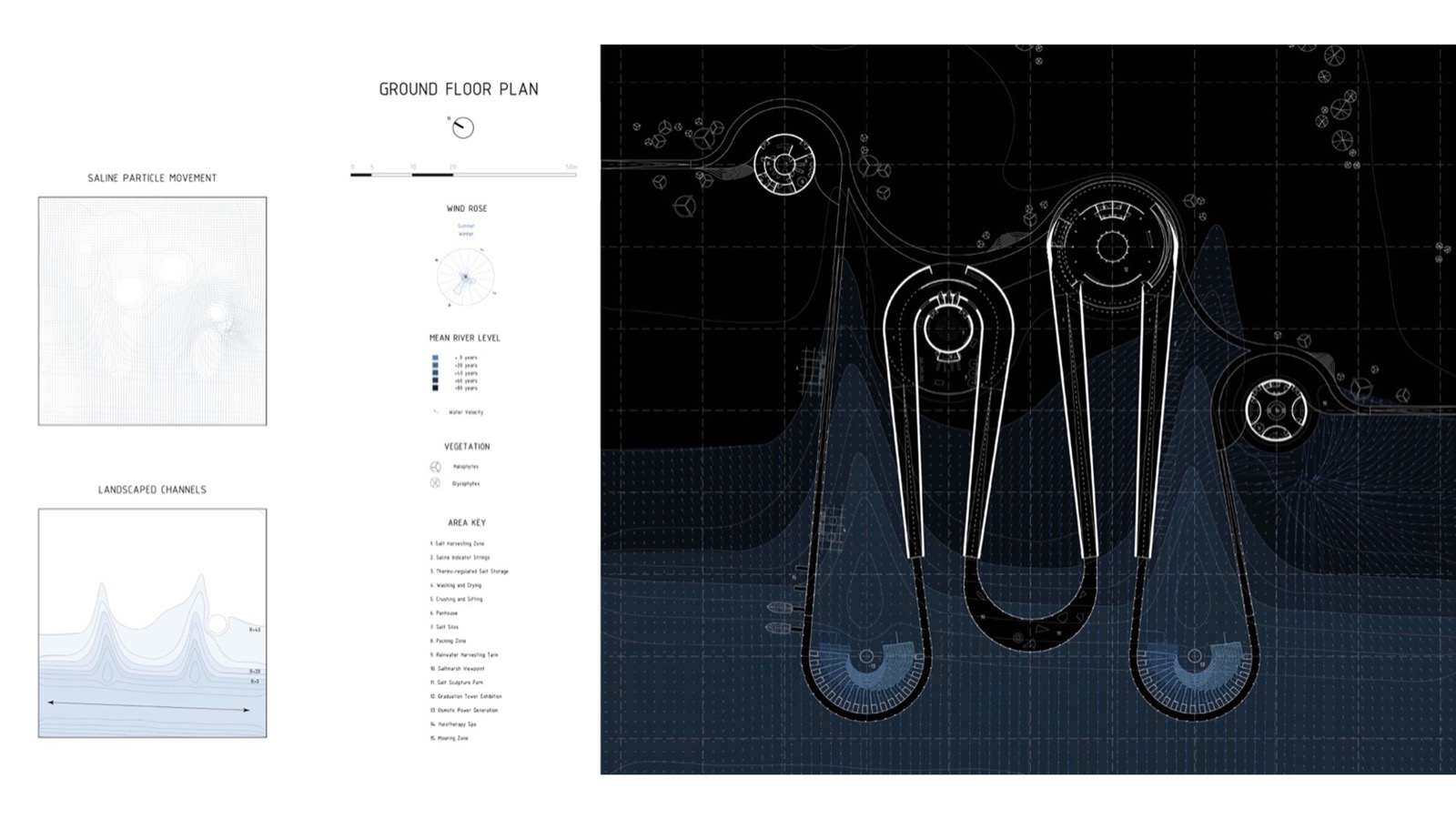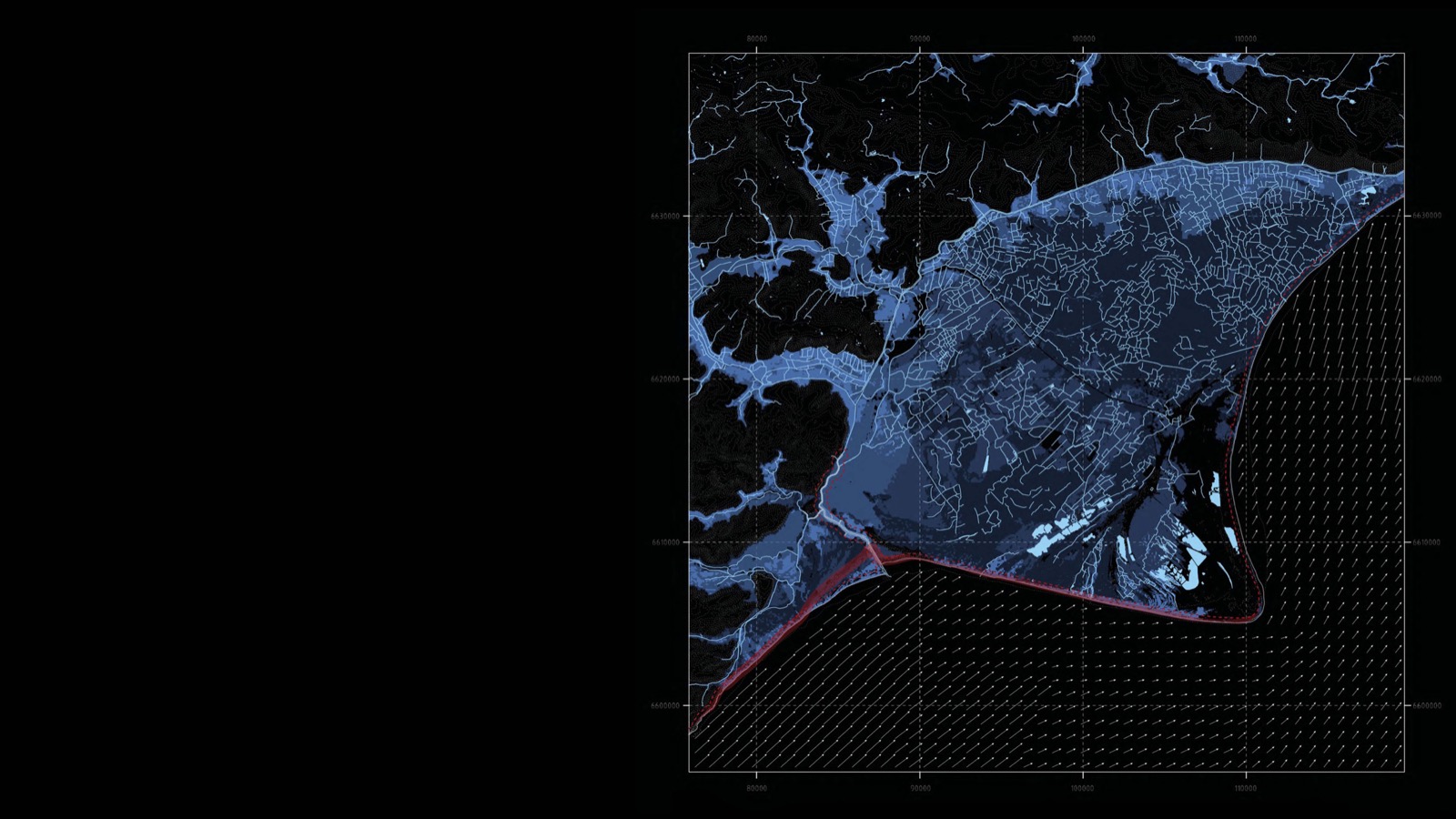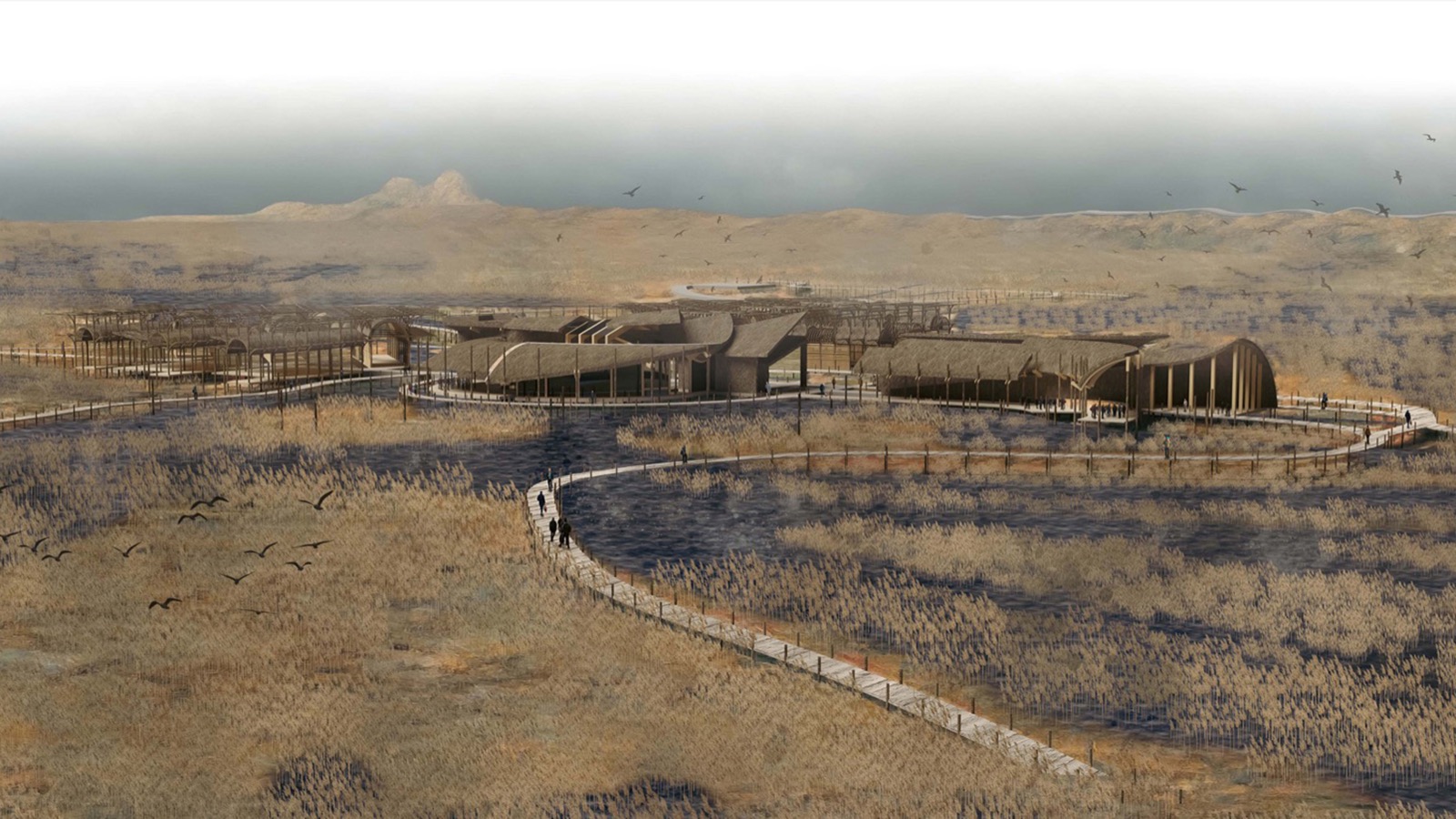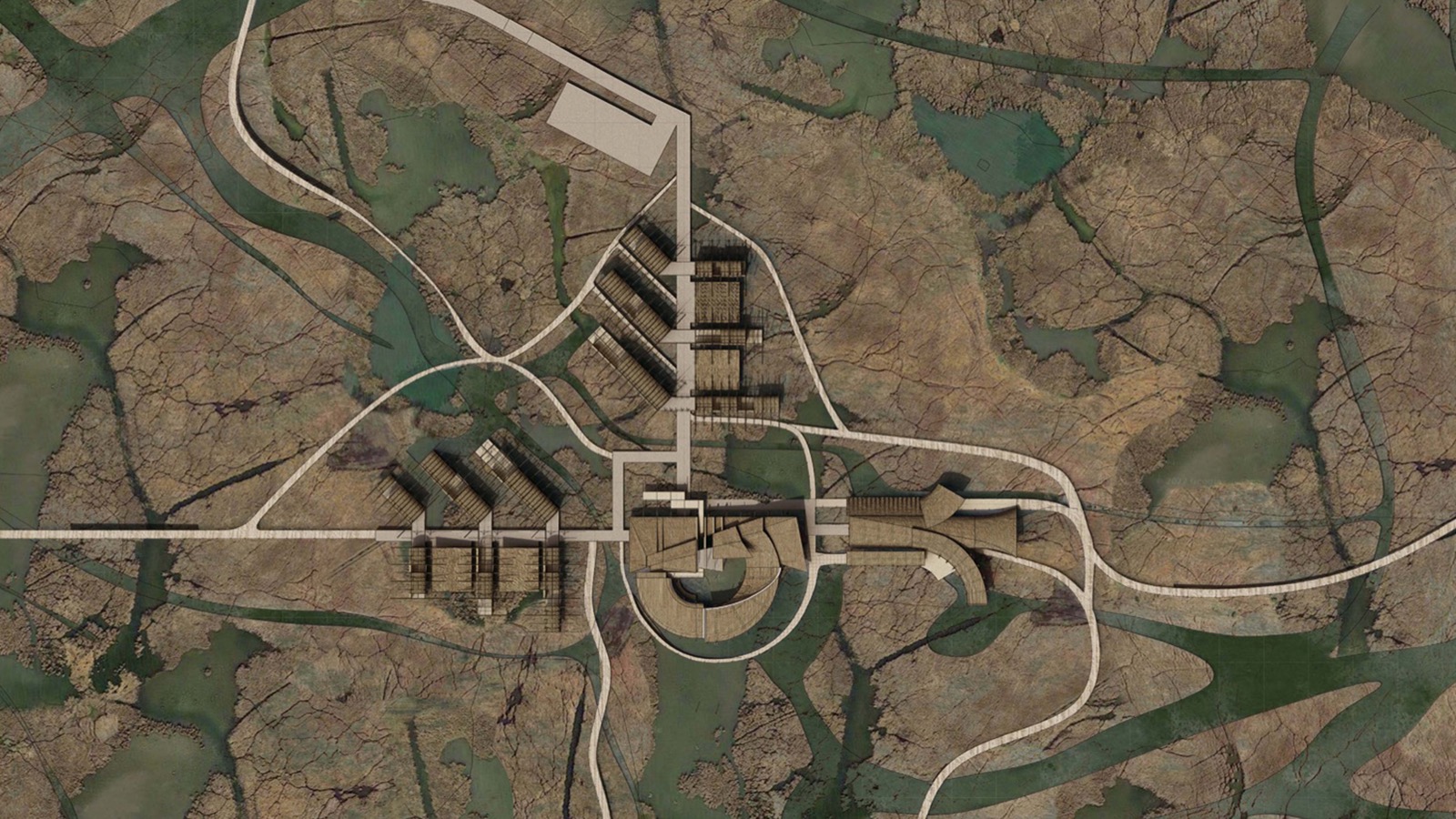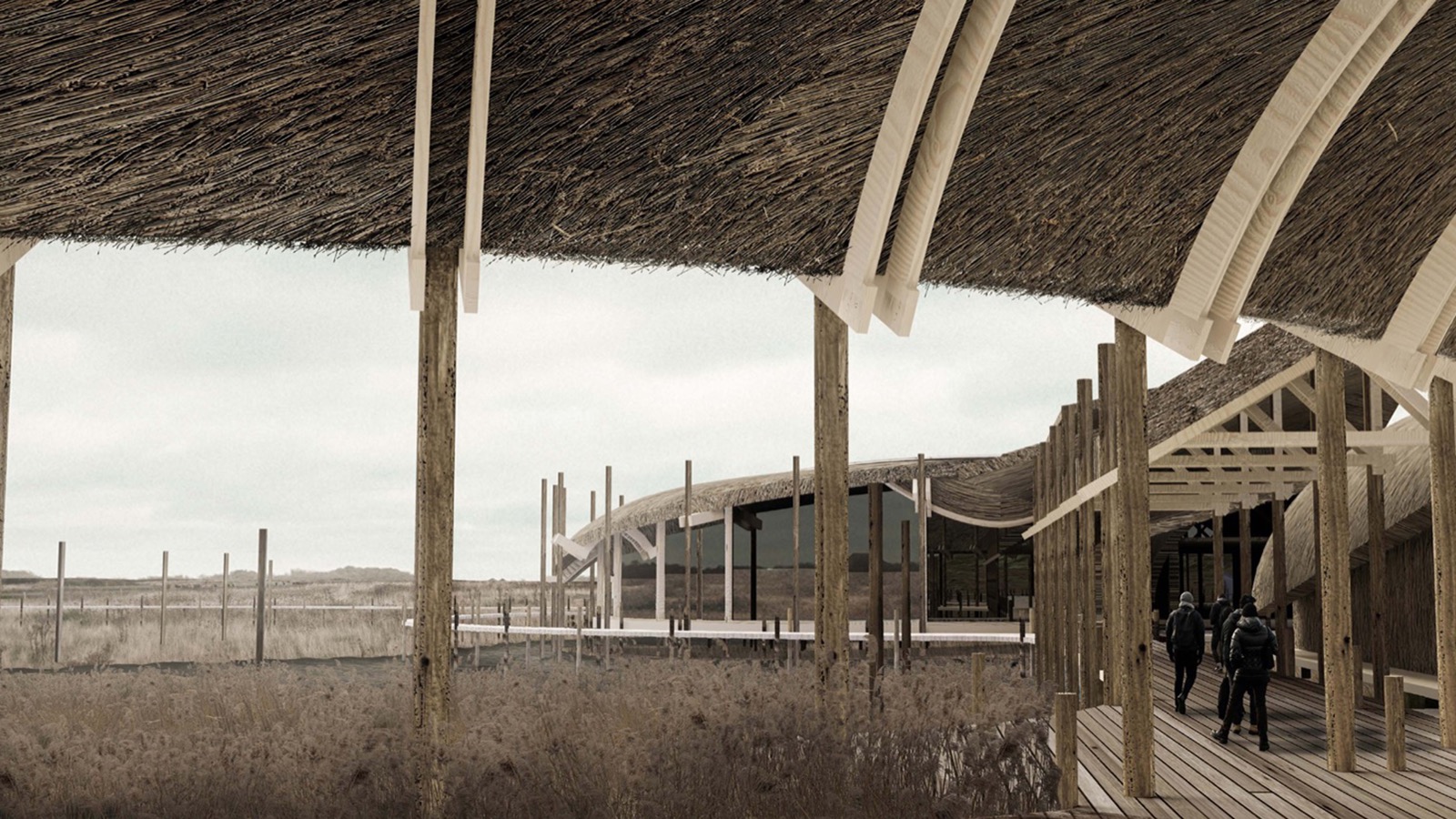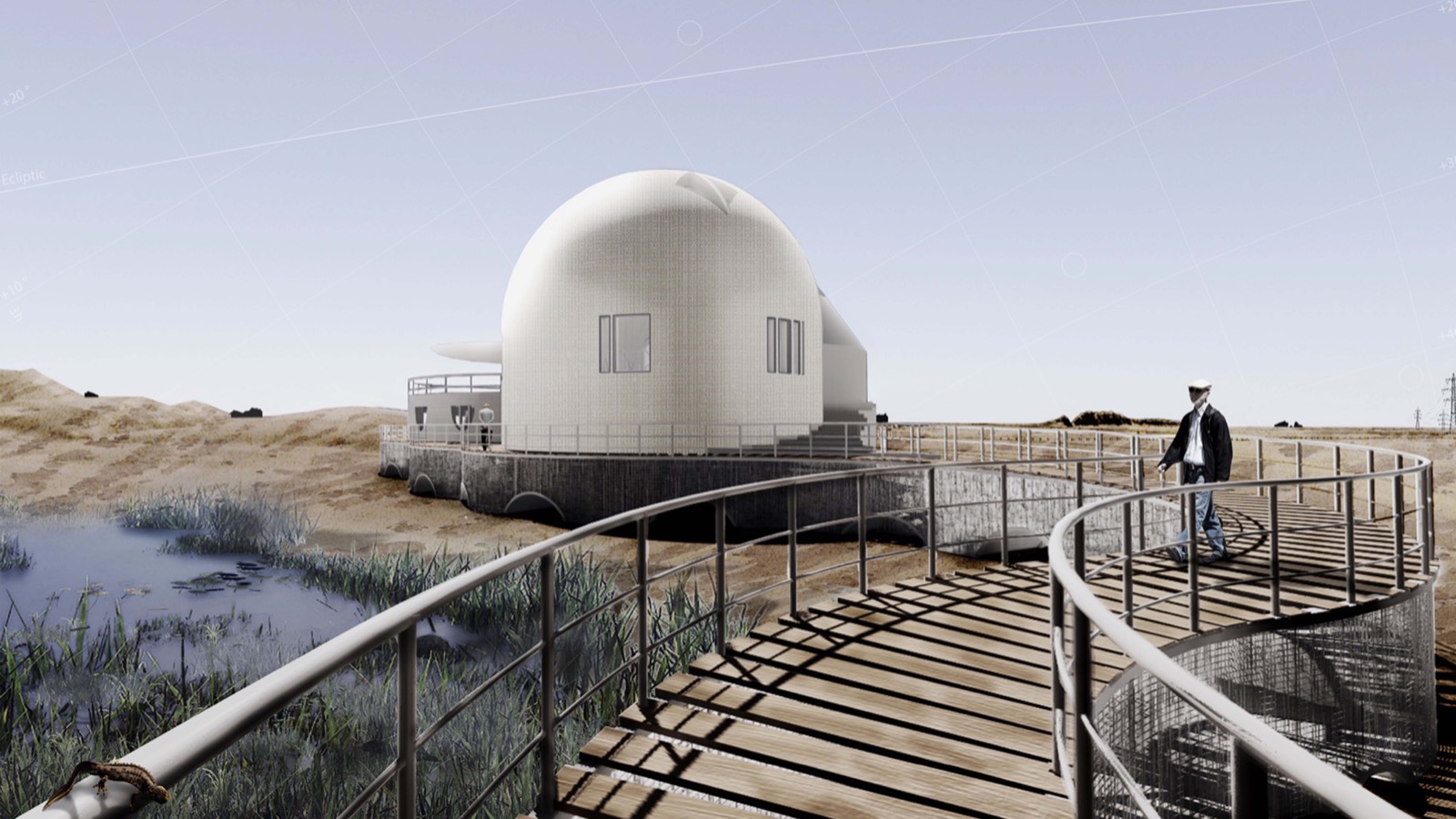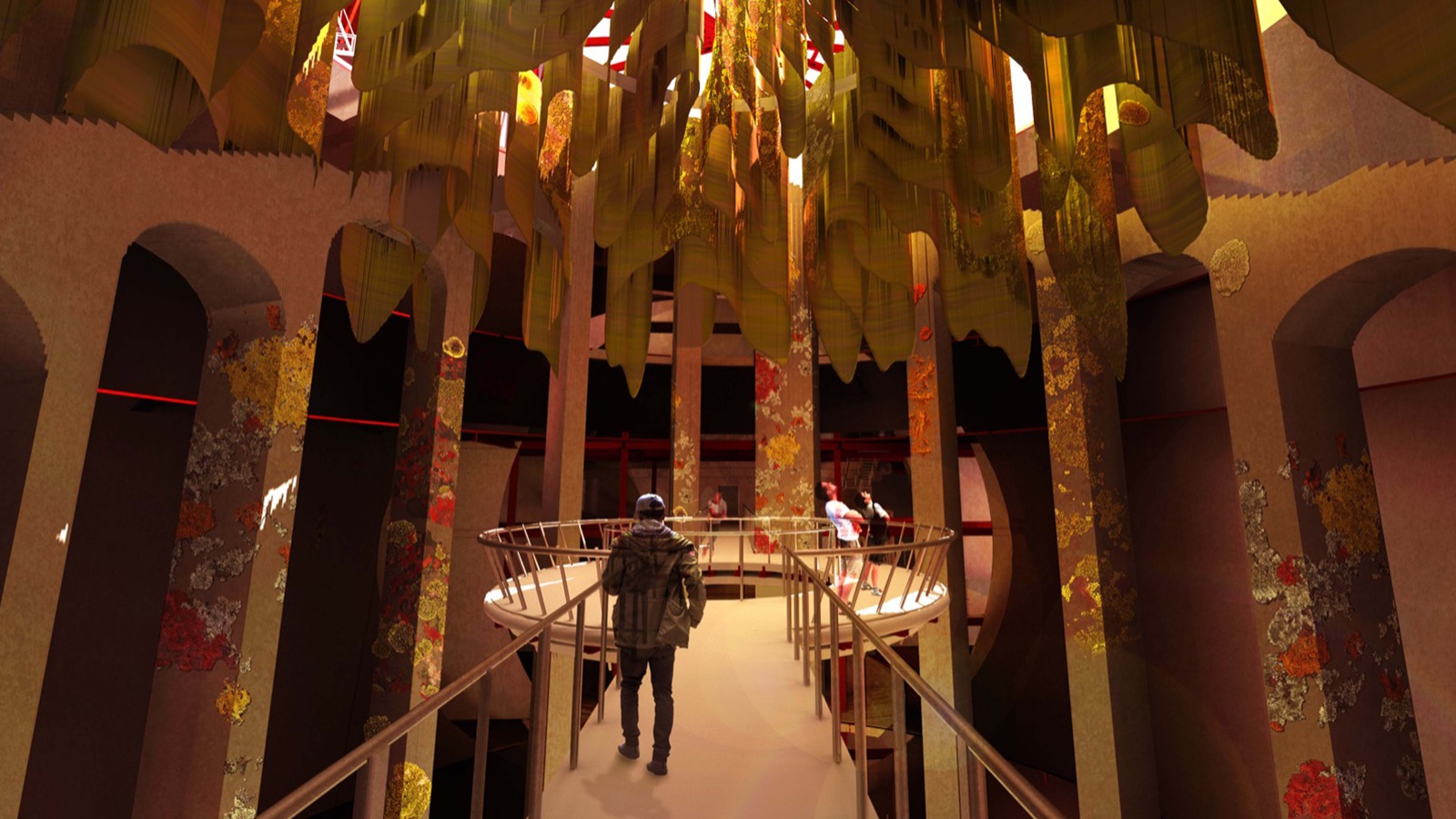Design Studio 18 ARCHIVE
Tutors: John Cook, Ben Pollock and Laura Nica
John Cook is an architect and researcher, who recently completed work on the Monsoon Assemblages project exploring visual methods to communicate the South Asian monsoon through data, cartography and computational means.
Ben Pollock is an architect and co-founder of 4D Island, a non-profit design research studio with a focus on climate adaptation, ecology and regenerative design in collaboration with front line communities in the Global South.
Laura Nica is a practicing architect, digital designer & founder of Laura Nica Studio. Working on multiple interdisciplinary projects, her broader interests extend to material research, digital fabrication and assemblage processes.
Air, Architecture + Other Climates: Climate Futures
The context of our global climate and ecological emergency provides the foundation for all DS18 investigations. This year, the studio continued its wider framing and explorations through the lens of air, considering its role as the vehicle of energies, moistures and toxins, whilst imagining ways that architecture could shape, be shaped by, or integrate within this invisible globally circulating matter. For the concluding year of these atmospheric studies however, we applied our developed learnings, research and design methodologies through a detailed, critical and urgent place-based investigation. Remaining within the UK at this highly critical juncture, we turned our focus upon the southern coastal headland of Dungeness.
This unique and precarious region presents a microcosm of the physical, socio-economic and ecological conflicts that climate degradation presents within the UK and beyond. Internationally recognised for its remarkable morphological formations, ranging biodiversity and climatic extremes, the local economy is centred and sustained around the Nuclear Power Station, Dungeness B, now entering its final decommissioning phase. Amongst all this, according to even the most conservative projections, this once productive and environmentally critical landscape could be decimated or entirely lost before the end of this century through the impacts of climate change and sea level rise.
As this coastal community braces for a future of uncertainty, it is here we initiated our investigations. Drawing on concepts of Carbon to ClimateForm, new socio-economic frameworks towards a Green New Deal, and the more radical ideals of Degrowth, we situated our investigations amid the contradictions and connections between environment and economics, the natural and the managed; between habitats, industries, humanity and climate. What possible futures could this entail for this coastal community, its ecologies, human and non-human inhabitants? Ones of retreat, defence or adaptation? And through this impending environmental collapse, could their recoveries birth new collective typologies and public infrastructures based upon a responsibility towards our planetary limits, a just and non-extractive energy balance, or even a collaborative replenishment of our global commons?










